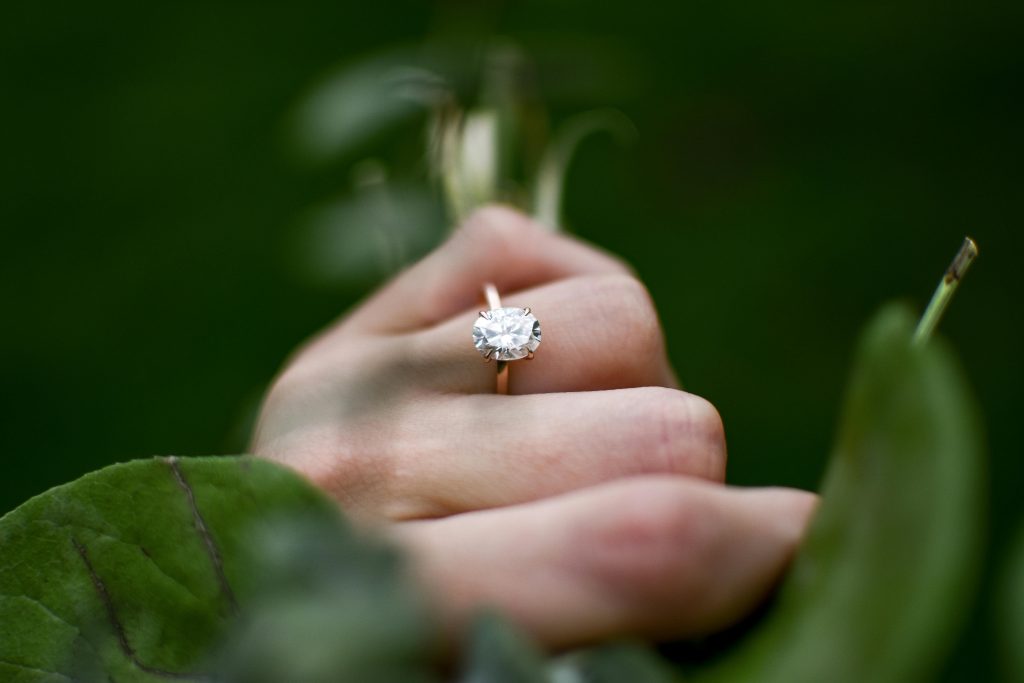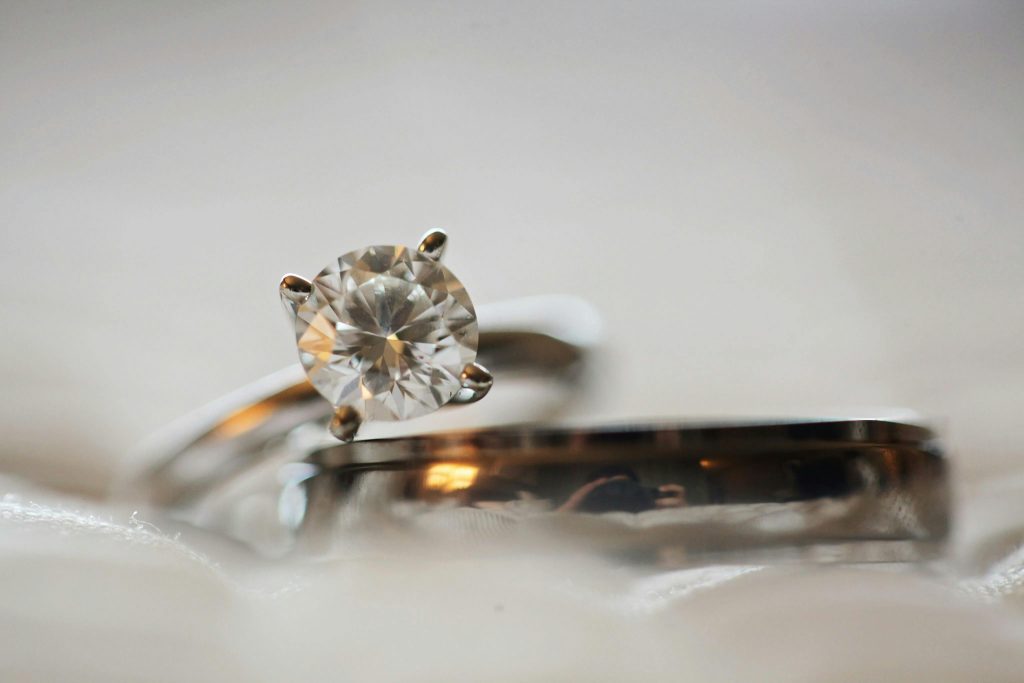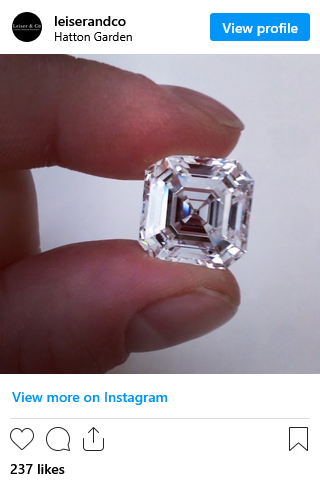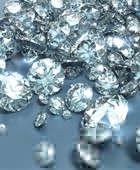Introduction
The international diamond market is vast, complex, and deeply influenced by factors such as local taxation, import and export duties, industry regulations, and even cultural perceptions. For buyers and sellers alike, knowing where to engage in diamond transactions can make a substantial financial difference. While quality and certification are paramount in any diamond exchange, geographic location can impact the price, selection, resale potential, and legal frameworks governing the transaction. Some countries have positioned themselves as global diamond trade hubs due to tax-friendly policies, industry infrastructure, or access to cutting-edge cutting and grading facilities. This guide provides an in-depth look at some of the best countries worldwide to buy and sell diamonds, evaluating the pros and cons of each based on practical, economic, and logistical factors.

Belgium: The Historic Diamond Trading Capital
Antwerp, Belgium, is often considered the epicenter of the global diamond trade. Home to the famed Antwerp Diamond District, the city processes over 80% of the world’s rough diamonds and approximately 50% of all polished diamonds. What makes Belgium a standout location is its deep-rooted infrastructure, with hundreds of dealers, grading labs, and secure facilities concentrated within a relatively small area. Moreover, Belgium offers a high level of transparency and regulation, making it a relatively safe and trustworthy place for high-value transactions. While it may not offer the lowest prices due to VAT and strict compliance requirements, its reputation for quality and legitimacy remains unparalleled. For sellers, especially those dealing with high-grade stones, Belgium can provide access to a global network of serious buyers and auction houses.
India: The World’s Diamond Cutting and Polishing Powerhouse
India, and more specifically the city of Surat, is a global leader in diamond cutting and polishing. Over 90% of the world’s diamonds—by volume—are processed in India. This dominance has made the country a strategic location for buying polished diamonds at competitive prices. In cities like Mumbai, where the Bharat Diamond Bourse is located, buyers can find a wide range of diamonds, from commercial-grade to high-end certified stones. India also benefits from relatively low labor costs, which translates into favorable pricing for buyers. For sellers, the massive domestic market, coupled with growing demand for luxury goods among India’s expanding middle class, presents ample opportunities. However, buyers and sellers should exercise due diligence, as not all dealers operate with the same level of transparency or adherence to international standards.
United Arab Emirates: Dubai’s Rise as a Diamond Trading Hub
Dubai, part of the United Arab Emirates (UAE), has rapidly emerged as a major player in the global diamond industry. With the establishment of the Dubai Multi Commodities Centre (DMCC), the city has created a free-trade zone tailored for diamond trade. One of the key advantages of buying or selling diamonds in Dubai is its tax-free environment—there is no VAT on loose diamonds, and import/export duties are minimal or non-existent. Additionally, Dubai’s geographical location acts as a gateway between Asia, Africa, and Europe, allowing for efficient international logistics. High-net-worth individuals and institutional investors have increasingly turned to Dubai for diamond investments. Still, despite the city’s modern infrastructure and economic incentives, potential buyers should verify the credibility of individual dealers and seek GIA or other reputable certifications when making purchases.
Israel: A High-Tech Diamond Exchange Environment
Israel, particularly through the Israel Diamond Exchange (IDE) in Ramat Gan, is another prominent country for buying and selling diamonds. Known for its advanced technology in diamond scanning, grading, and cutting, Israel has established itself as a leader in precision craftsmanship and innovation. The country is especially strong in the market for high-value stones and fancy cuts. Israeli dealers typically conduct business with a high degree of professionalism and transparency, especially in the IDE’s secure trading environment. For buyers, this provides confidence in the authenticity and quality of diamonds. For sellers, the exchange gives access to a robust network of international buyers and a platform that facilitates large-scale trade. However, Israel imposes VAT on diamond sales, and international shipping can add logistical complexity for foreign buyers and sellers.
United States: A Consumer-Driven Powerhouse
The United States is not a major hub for diamond manufacturing or trading in the traditional sense, but it remains the largest consumer market for diamonds globally. New York City, with its Diamond District on 47th Street, serves as the country’s primary trade center. The U.S. market is highly regulated, with strong consumer protection laws and widespread use of reputable grading labs such as GIA, AGS, and IGI. For buyers, this translates to assurance in quality and grading accuracy, albeit often at higher prices than in cutting hubs like India or Belgium. For sellers, especially in the retail sector, the United States offers robust demand and a broad customer base for both natural and lab-grown diamonds. Additionally, the rise of e-commerce platforms has expanded selling opportunities beyond traditional brick-and-mortar channels. Nevertheless, buyers and sellers must account for state-level sales tax and federal import duties, which can affect overall costs.

Hong Kong: A Duty-Free Gateway to the Asian Market
Hong Kong serves as one of Asia’s premier diamond trading centers, renowned for its duty-free import policies and strategic location. The city is a gateway to Mainland China and the broader Asia-Pacific region, which are among the fastest-growing markets for luxury goods, including diamonds. Hong Kong’s tax-free environment allows dealers to offer highly competitive prices, especially for high-carat or investment-grade diamonds. The city also hosts several international trade shows, such as the Hong Kong International Diamond, Gem & Pearl Show, which attracts global buyers and sellers. For investors and traders, Hong Kong provides access to a wide network of regional contacts and buyers, making it an ideal platform for bulk sales or business expansion into Asia. However, recent geopolitical tensions and changes in regulatory dynamics between Hong Kong and China may introduce new risks, so market participants are encouraged to monitor local developments closely.
South Africa: Source of Many of the World’s Largest Diamonds
As one of the world’s most historically significant diamond-producing countries, South Africa offers a unique position in the global diamond market. The country is home to major mining operations, including those managed by De Beers, and has produced some of the largest and most valuable diamonds in history. For buyers seeking rough or uncut diamonds directly from the source, South Africa may provide early access and potentially lower prices. The country has also invested in local cutting and polishing facilities, although these are not as dominant as India’s. Sellers can benefit from South Africa’s established infrastructure and export systems, but they must navigate strict export regulations and licensing requirements. Additionally, trade is often regulated to ensure compliance with the Kimberley Process, which aims to prevent the sale of conflict diamonds. While the market is transparent for large-scale operations, retail-level trading may be less accessible and comes with more bureaucratic hurdles.
Switzerland: A Discreet and Secure Market for High-Value Transactions
Switzerland is not a major diamond producer or processing hub, but it holds a niche position in the global diamond trade due to its reputation for financial discretion, secure logistics, and private banking infrastructure. For high-net-worth individuals and institutional investors, Switzerland provides a safe environment for high-value diamond transactions. Swiss freeports—high-security storage facilities in cities like Geneva—allow investors to store diamonds and other valuable assets without immediate taxation, making it an attractive option for asset preservation. Although the Swiss market is relatively small, it caters to the high-end and investment-grade segments, including rare colored diamonds and collector-grade stones. However, access to this market often requires private channels or intermediaries, as Switzerland’s diamond trade is not as open or retail-friendly as that of the United States or Dubai. For sellers, Switzerland offers opportunities in the auction market, where Sotheby’s and Christie’s frequently host luxury jewelry events.
China: A Growing Consumer Market with Regulatory Complexities
China has emerged as a significant consumer of diamonds, particularly among the country’s growing affluent population. Urban centers such as Shanghai, Beijing, and Shenzhen have developed robust luxury goods markets, including diamonds, with both natural and lab-grown stones gaining popularity. The Chinese government has also supported domestic diamond cutting and polishing industries in recent years. However, for foreign buyers and sellers, the Chinese market presents a number of regulatory and logistical challenges. High import duties and strict certification requirements can add to transaction costs, and e-commerce platforms are tightly regulated. Still, for companies that can navigate the regulatory environment, China offers massive potential for diamond sales, particularly during gifting occasions such as weddings, Chinese New Year, and Singles’ Day. Cultural factors, such as a preference for certain carat sizes and colors, also play a role in shaping market demand.
Conclusion: Choosing the Right Market Based on Goals
The best country to buy or sell diamonds ultimately depends on several individual factors, including whether the transaction is retail or wholesale, the type of diamond involved, the buyer or seller’s risk tolerance, and local tax and regulatory frameworks. For wholesale buyers and those interested in rough stones, countries like Belgium, India, and South Africa offer unparalleled access and infrastructure. For retail buyers and those prioritizing quality assurance and legal protections, the United States and Israel provide highly transparent marketplaces. Meanwhile, those interested in investment-grade stones or seeking tax efficiency might find Switzerland or Dubai more suitable. Hong Kong and China, on the other hand, represent key access points to the lucrative Asian market, although they come with geopolitical and regulatory considerations. A careful, well-informed strategy that considers certification, logistics, and local market conditions can yield substantial benefits when dealing with diamonds on a global scale.




